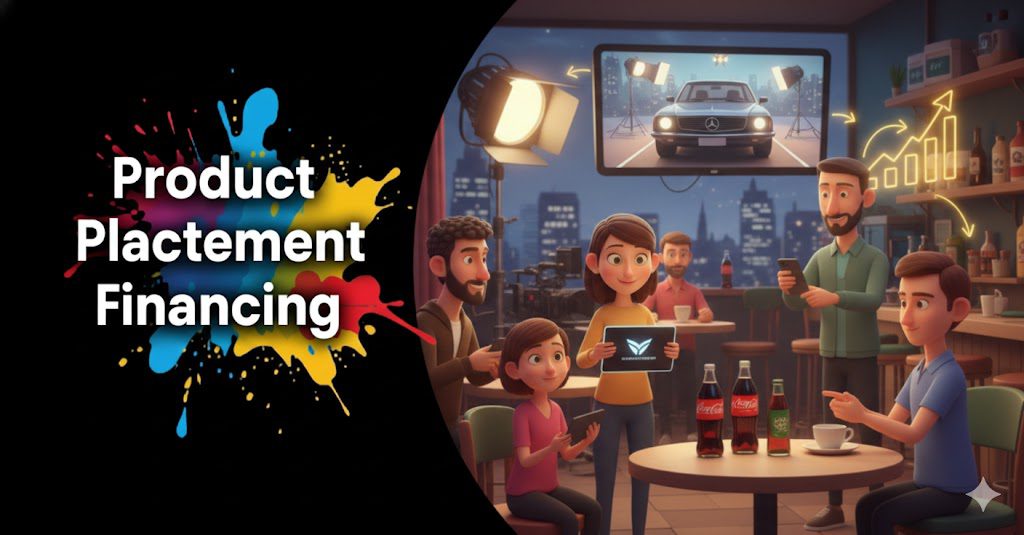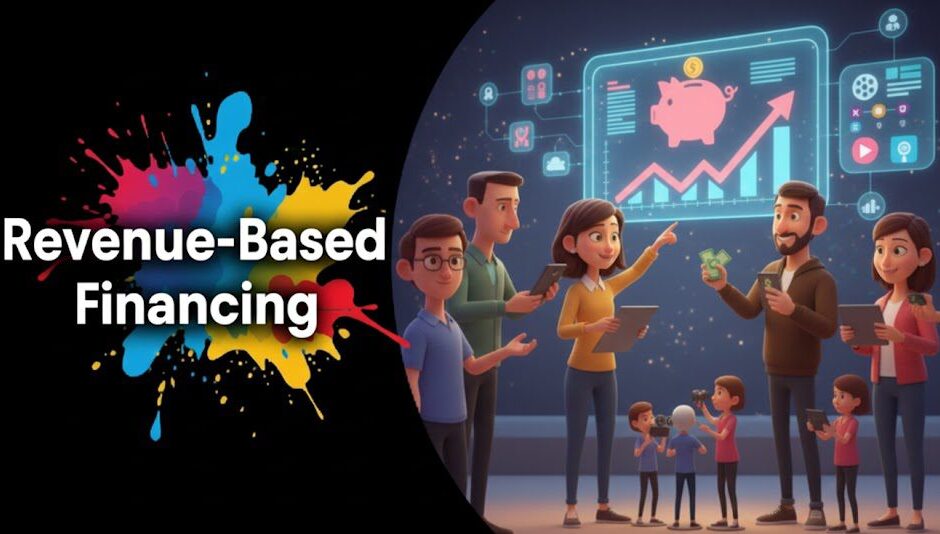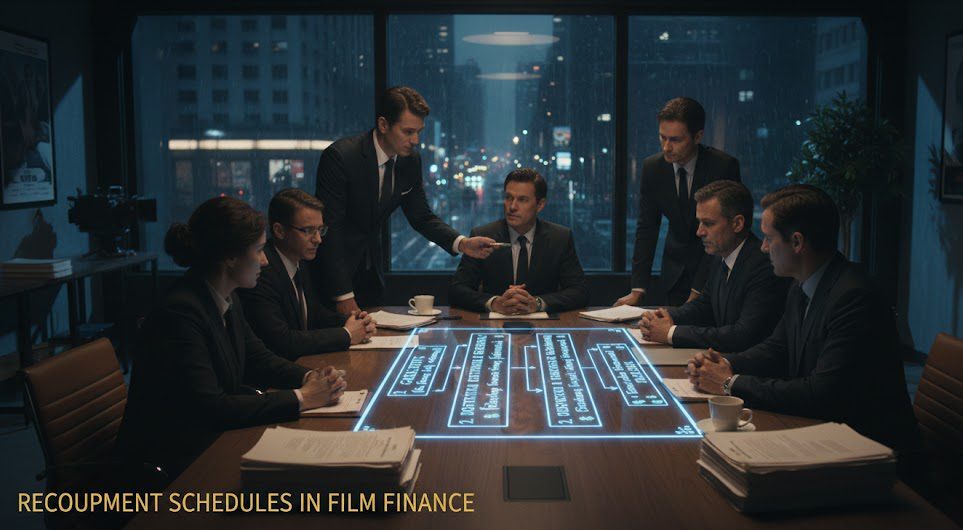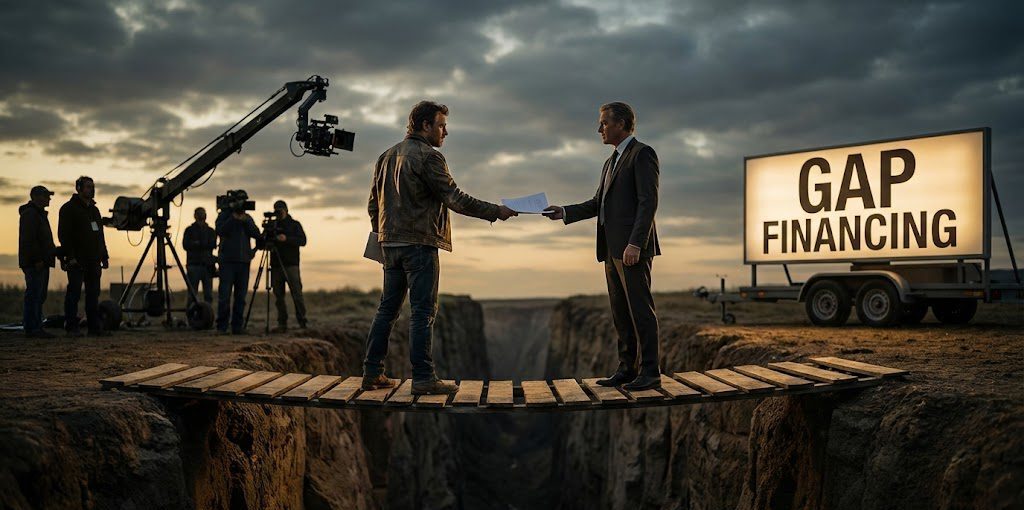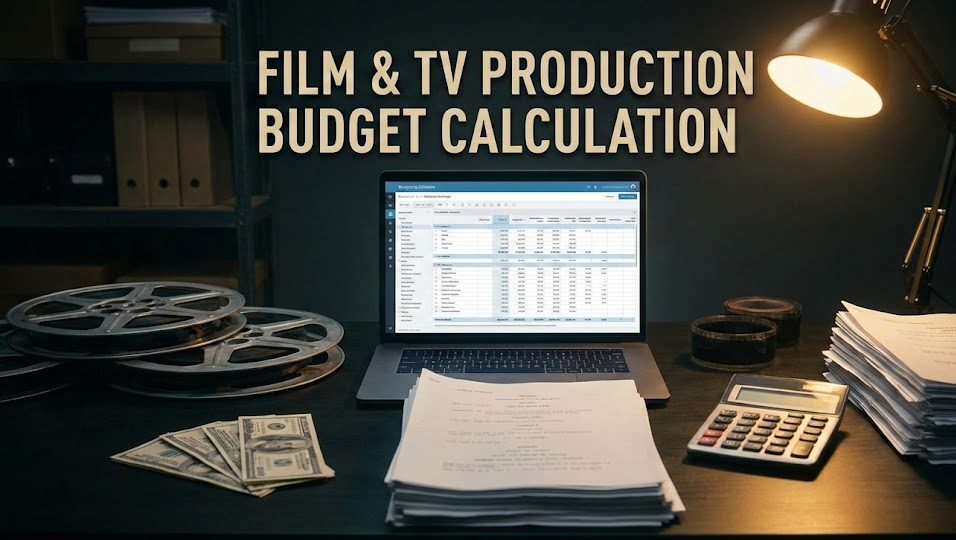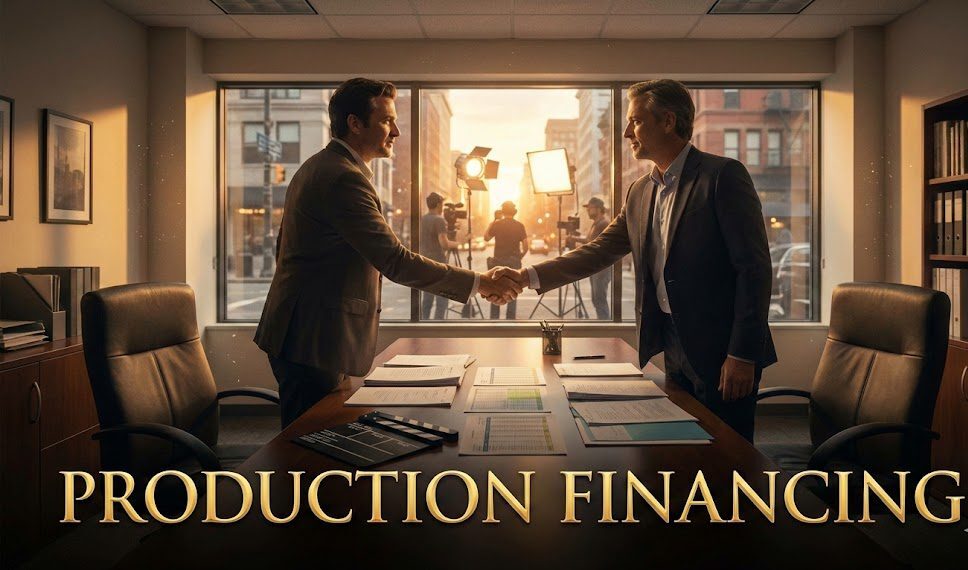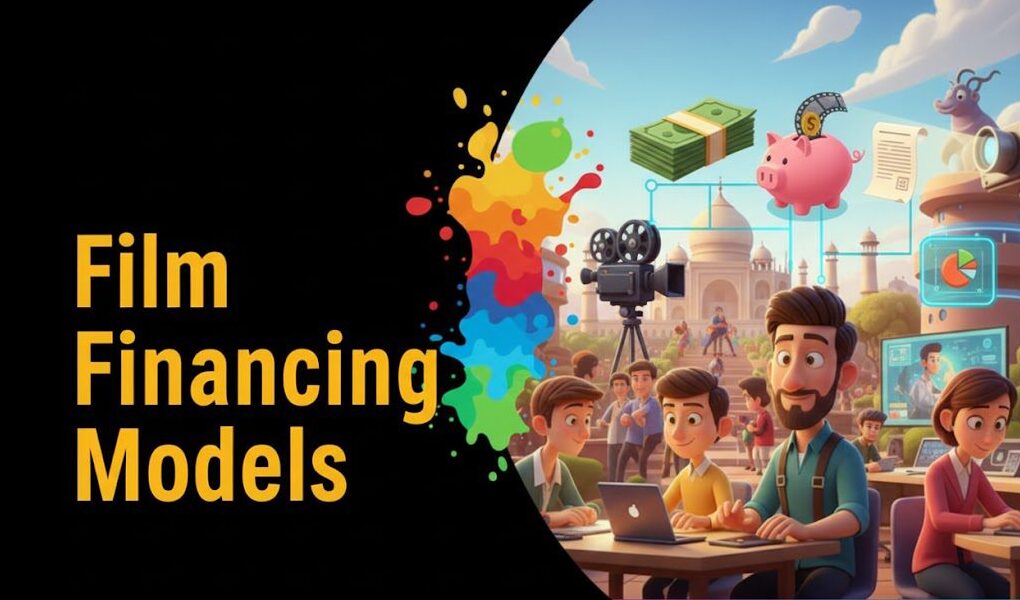Introduction
In the fast-paced world of entertainment, where countless film and TV projects are in motion globally, keeping track of developments can feel overwhelming. From pre-production to release, understanding the status of a project, its collaborators, and emerging opportunities is critical for industry professionals. This is where film project tracking comes into play—a game-changing solution for producers, distributors, service vendors, and broadcasters alike.
Find Perfect Remake Opportunities

What Are Remake Rights?
Remake rights are legal permissions granted to a studio, producer, or filmmaker to create a new version of an existing film or TV series. These rights allow the buyer to reproduce, adapt, and sometimes modify the storyline, setting, or characters to suit a different market or audience.
Why Are Remake Rights Important?
- Enable studios to capitalize on proven content
- Help introduce successful stories to new cultural markets
- Minimize financial risk compared to original productions
- Offer opportunities for creative reinterpretation
From Hollywood’s adaptation of The Girl with the Dragon Tattoo to Bollywood’s Forrest Gump remake (Laal Singh Chaddha), acquiring remake rights is a strategic move for studios looking to maximize content value.
How Studios Secure Remake Rights
Acquiring remake rights is a multi-step process that involves negotiations, contracts, and financial agreements. Here’s how studios secure these rights:
1. Identifying the Right IP
Studios analyze box office performance, audience reception, and cultural adaptability before selecting a property for a remake.
2. Negotiating with Rights Holders
The original rights holder (studio, production company, or creator) must grant legal permission, often in exchange for licensing fees and royalties.
3. Licensing Agreements
A licensing agreement outlines:
- Geographic and language rights
- Creative control provisions
- Financial terms (upfront fees, profit-sharing, etc.)
4. Securing Local Production Partners
For international remakes, studios often collaborate with local producers to ensure cultural relevance.
Key Legal Considerations in Remake Rights
Securing remake rights involves several legal aspects:
1. Copyright & Intellectual Property Laws
Since films and TV series are protected by copyright, explicit permission is required to remake them.
2. Licensing vs. Ownership
Most studios license remake rights rather than purchasing full ownership of the IP.
3. Profit-Sharing Agreements
Many deals include profit-sharing clauses, ensuring the original creators earn from the remake’s success.
4. Creative Constraints & Approval Rights
Rights holders may impose restrictions on casting, scripting, or marketing strategies to maintain brand integrity.
Unlock New Markets with Remake Rights

Adapting Existing IPs for New Markets
Adapting a story for a new market requires balancing cultural sensibilities with commercial appeal. Key strategies include:
- Localization: Adjusting dialogue, references, and themes for cultural relevance.
- Casting Choices: Hiring actors who resonate with the target audience.
- Genre Tweaks: Some remakes shift genres to suit market preferences (e.g., a thriller turned into a comedy).
- Marketing & Positioning: Rebranding the remake to attract a new generation of viewers.
Examples of Successful Remakes
Many remakes have achieved global success:
✅ The Departed (Hollywood) – Remake of Infernal Affairs (Hong Kong)
✅ The Girl with the Dragon Tattoo (Hollywood) – Remake of Swedish original
✅ Drishyam (Hindi) – Remake of Malayalam hit
✅ Laal Singh Chaddha (Bollywood) – Remake of Forrest Gump
Each of these adaptations was carefully tailored to its respective market, ensuring both commercial success and audience appeal.
Challenges in Remake Rights Deals
Despite the benefits, remake deals come with challenges:
❌ High licensing costs
❌ Creative conflicts between original and remake teams
❌ Cultural misalignment leading to audience rejection
❌ Legal disputes over rights violations
How Vitrina Helps with Remake Rights
Vitrina simplifies the remake rights acquisition process by:
🔹 Providing access to a vast database of IP owners, production houses, and rights holders
🔹 Offering insights into potential remake opportunities across 100+ markets
🔹 Connecting studios with the right partners for financing, production, and distribution
🔹 Tracking global remake trends for competitive intelligence
With Vitrina, securing remake rights is faster, easier, and more strategic.
Key Takeaways
🎬 Remake rights allow studios to adapt existing IPs for new markets
📜 Legal agreements define the scope, financial terms, and creative rights
🌎 Localization is key to making a remake successful
🚀 Vitrina streamlines the remake rights acquisition process
Frequently Asked Questions
Typically, remake rights last 5-10 years, depending on the licensing agreement.
Not always. Sequel rights are often negotiated separately.
Yes, but acquiring rights from major studios can be expensive.




























